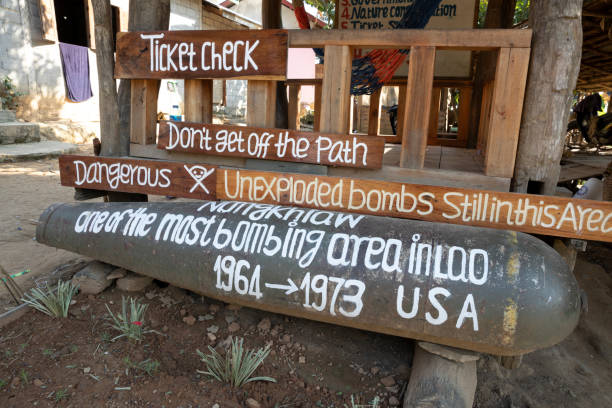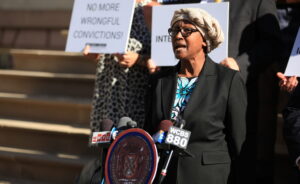
Washington D.C — In recent weeks, President Biden has considered sending weapons packages to Kyiv, including cluster munitions and controversial weaponry banned by US allies.
Tomorrow, Biden is expected to announce the shipment of cluster munitions to Ukraine as part of another $800 million aid package to Ukraine. The package comes as Ukraine experiences ammunition shortages as they try to shore up their counteroffensive against Russian invaders. The decision has sparked some outrage from certain human rights groups.
What is a Cluster Bomb?
Cluster bombs break apart in the air, releasing many smaller bomblets throughout a broad area. The bomblets explode upon hitting the ground, killing or seriously injuring anyone in the blast radius.
The weapons are controversial because an estimated 40% of the bomblets don’t detonate upon impact. Like landmines, they remain undetonated on the ground for long periods, eventually exploding after conflicts have been resolved.
Human rights groups that monitor the impacts of cluster bombs state that close to 60% of the casualties caused by cluster munitions aren’t casualties of war but civilian casualties that occur long after the initial explosion.
U.S. officials have spoken out about the likelihood of the cluster munitions failing to detonate, otherwise known as a “dud rate.”Brig. Gen. Patrick Ryder spoke to reporters on Thursday, stating, “We would be carefully selecting rounds with lower dud rates for which we have recent testing data.” He said the dud rate of the munitions being sent as part of the new package is 2.35%.
Who Is Opposed to Cluster Munitions
In 2008, 120 countries signed the Convention on Cluster Munitions, prohibiting militaries from using, stockpiling, or creating the style of weaponry. However, the United States, Ukraine, and Russia were not among the countries to sign the treaty.
Why Is Ukraine Asking for Cluster Munitions?
Ukrainian officials have requested cluster munitions to help defend themselves in areas overwhelmed by sheer Russian manpower. At first, the United States was staunch in its denial of cluster munitions, calling them unnecessary.
As Russians have dug into certain holdouts, Pentagon officials have begun to consider them, seeing them as useful to help Ukraine liberate key positions.








